This content is restricted to subscribers
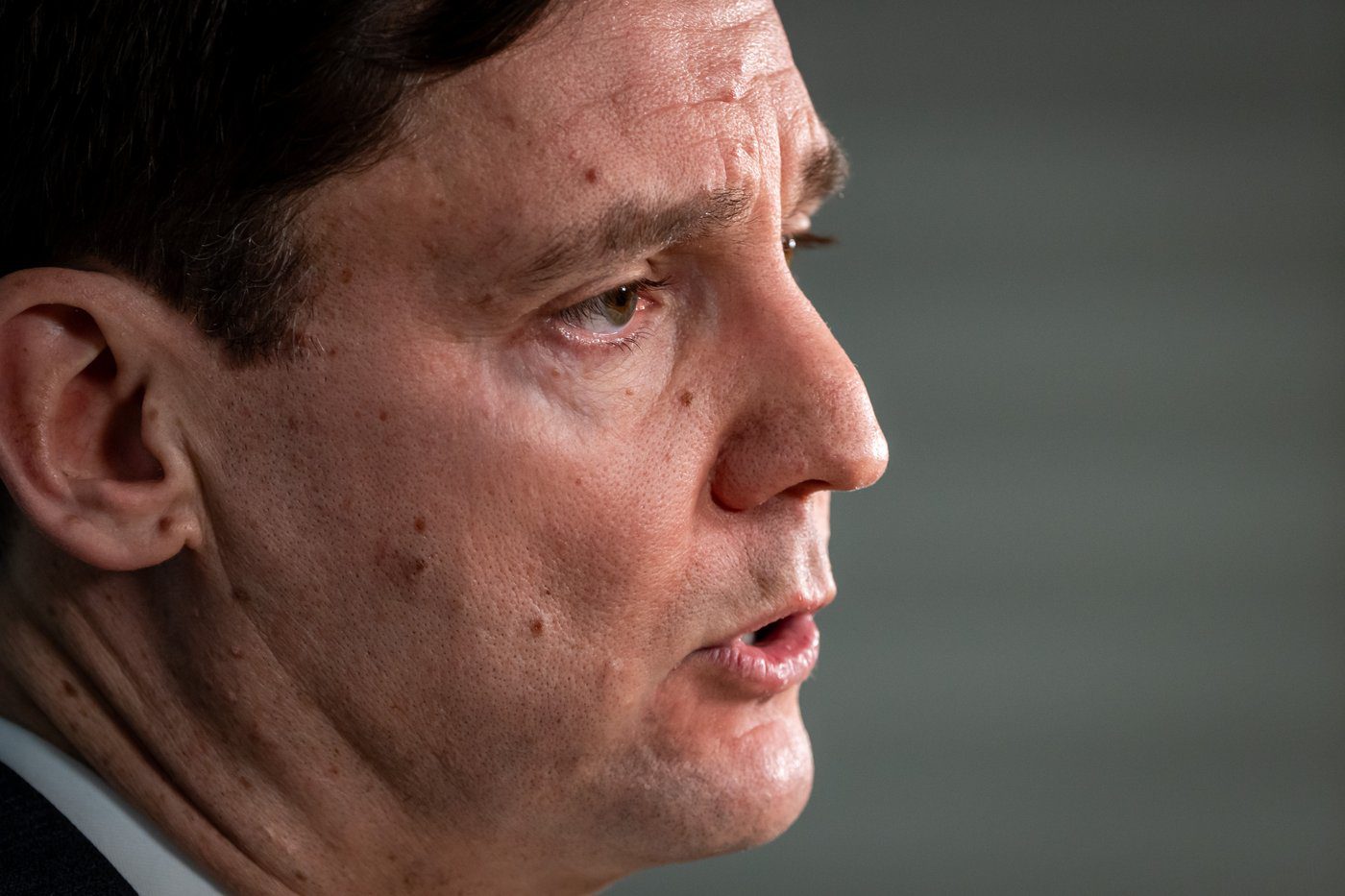
The views, opinions and positions expressed by columnists and contributors are the author’s alone. They do not inherently or expressly reflect the views, opinions and/or positions of our publication.

This content is restricted to subscribers
The views, opinions and positions expressed by columnists and contributors are the author’s alone. They do not inherently or expressly reflect the views, opinions and/or positions of our publication.
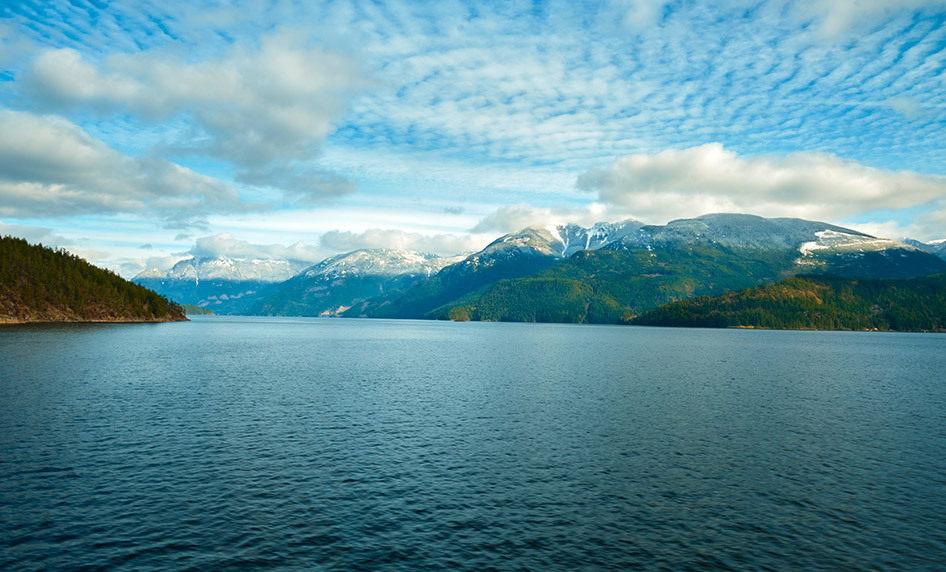
Become a subscriber today!
Register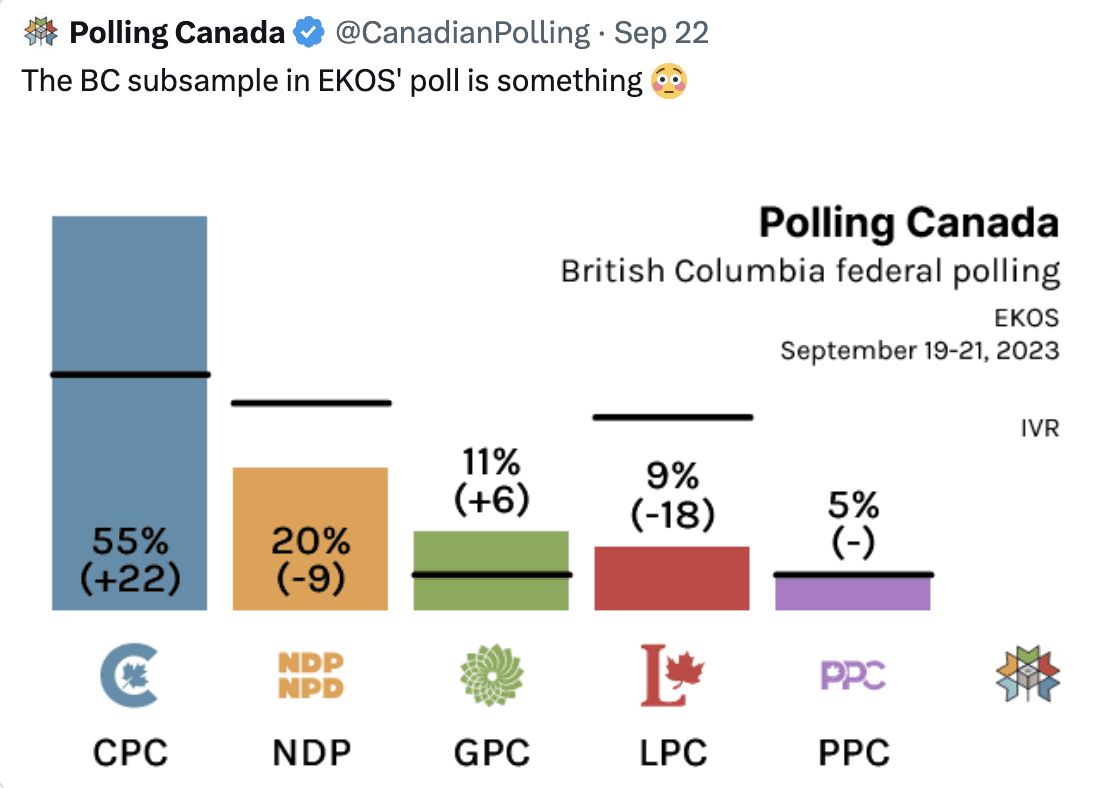
In Canada as elsewhere autumn 2023 is a strange political time on various fronts. And it is not always easy to know just what to make of various opinion polling anomalies.
Take the case of two late September Canada-wide polls, broken down for federal parties in the third most populous province of BC, between the vast Pacific Ocean and the Rocky Mountains.
On the evening of September 28 the almost always interesting Polling Canada tweeted the BC provincial results of an EKOS federal poll taken September 19–24. As in the country at large this showed the Conservative Party of Canada (CPC) well out in front, with a remarkable 53% of the provincial vote. The NDP had 22% and the Liberal Party of Canada (LPC) only 12%.
At almost the same time, in the early morning of the same day Polling Canada had tweeted the BC provincial results of a Leger federal poll taken September 22–24. This proposed a rather dramatically different BC provincial picture: LPC 32%, NDP 30%, and CPC.29%.
With the confidence and supply agreement between Justin Trudeau and Jagmeet Singh in mind (both of whom have particular BC connections), these Leger numbers could be read to suggest that the province sometimes known as British California may have now become a progressive bastion in Canada, broadly comparable to Gavin Newsom’s California in the USA.
What all this could suggest about BC seems especially striking when set beside the Ontario results of the same Leger federal poll taken September 22–24: CPC 45%, LPC 28%, NDP 18%.
These Leger Ontario numbers look more like the EKOS numbers for BC. Partisans of the BC EKOS poll raise methodological issues with the Leger poll. On Twitter (now X), Polling Canada offers a methodological note on its BC Leger poll: “Sample size = 141 Online.”
Several commenting tweets urge this size is just too small. Yet 141 would be BC’s approximate share of the Canada-wide population in a cross-country sample of 1,000 people. And the EKOS poll whose results Leger poll critics like better has a Canada-wide sample of 1,025.
Methodologically, Polling Canada just notes “IVR” on its BC EKOS poll. And veteran polling guru Allan Gregg has quietly criticized “the interactive voice response (IVR) surveys that bombard telephone numbers with recorded questions which, quite frankly, isn’t any more scientific than … trying to stop people … on a street corner.”
Finally, in the technical rating of Canadian federal pollsters proposed by physics and astrophysics professor Philippe J. Fournier’s 338Canada website EKOS gets B+ and Leger A+!
All this having been said, there does remain an obvious enough sense in which less than 150 observations is not a very good sample size for political opinion polling.
Yet the insurmountable general problem here is that cross-Canada samples large enough to provide seriously reliable regional results are prohibitively expensive. (The average country-wide sample size of the most recent half-dozen polls followed by 338Canada is 1,385!)
The typical smaller-number, less reliable regional samples in Canada-wide polls are sometimes intriguing — and even revealing. But regional inconsistencies in these cost-effective soundings of Canadian opinion at large are not unusual. It is almost always wise to treat regional results of cross-country polls with grains of well-seasoned salt.
All this having been said again, there remains some further support for the Leger poll’s Canadian bastion of progress on the Pacific coast in recent polling on BC provincial politics.
338Canada’s latest model of a BC election held now shows the NDP with 71 seats, BC United (old BC Liberals) 11 seats, Greens 3, and Conservatives 2. In the early autumn of 2023 the progressive NDP BC provincial government — under new leader David Eby, but in office since the spring of 2017 — is arguably in greater command of provincial politics than ever before.
(And, it is tempting to wonder, is this somehow related to the 2023 wildfires?)
The ultimate truth probably is that both the recent EKOS and Leger polls reflect different strands in the complex web of BC provincial and federal politics. Both clusters of regional opinion are out there in the wet coast air.
The big question for the near-enough future is no doubt which of the two rather different late September 2023 BC polling pictures will prevail in the next federal election on or before October 20, 2025— EKOS’s conservative dominance or Leger’s progressive bastion? The answer could have something to do with the futures of both Justin Trudeau and Jagmeet Singh.
The views, opinions and positions expressed by columnists and contributors are the author’s alone. They do not inherently or expressly reflect the views, opinions and/or positions of our publication.
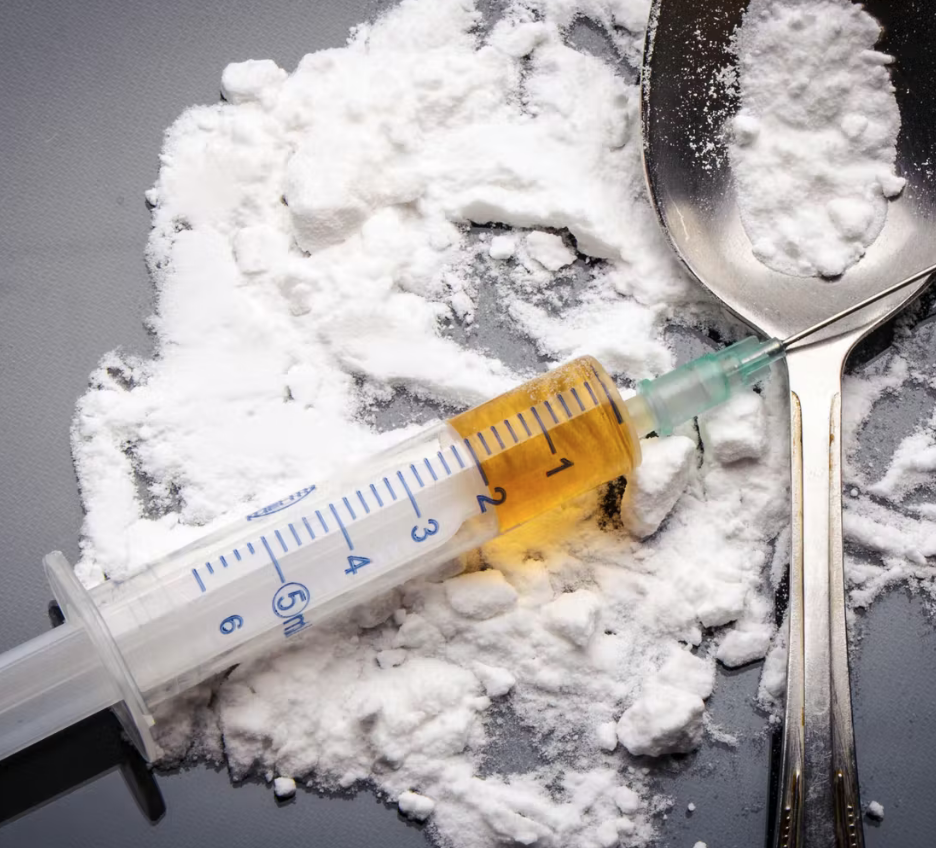
This content is restricted to subscribers
The views, opinions and positions expressed by columnists and contributors are the author’s alone. They do not inherently or expressly reflect the views, opinions and/or positions of our publication.
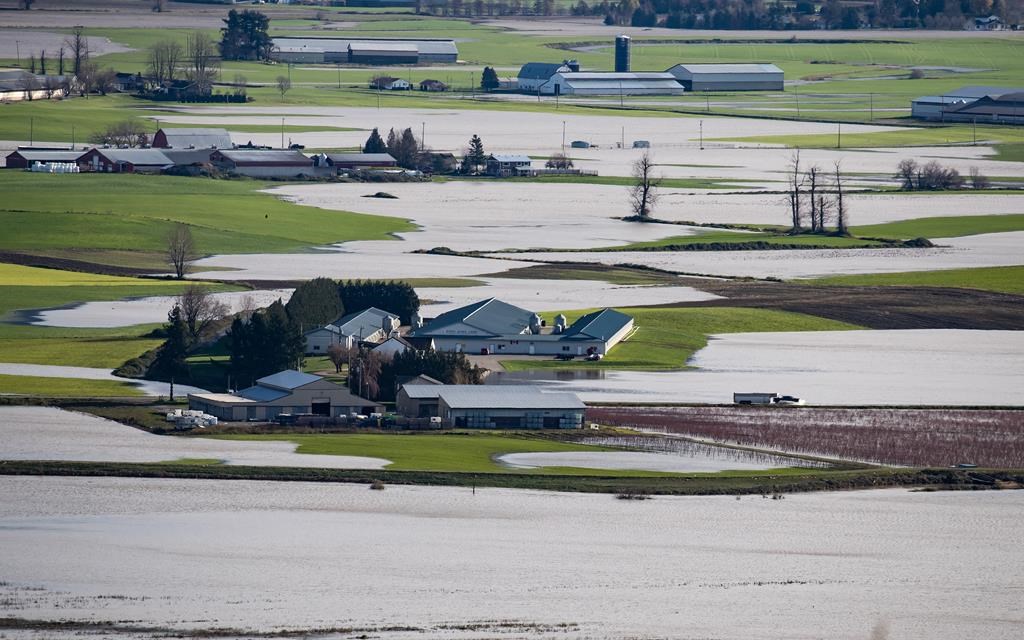
Disasters bring out the best in people. And, sometimes, the worst, too.
Since unprecedented calamity beset British Columbia, we’ve been witness to good and bad. The flooding throughout B.C. has shown us both.
Goodwill – and good deeds – are desperately needed. Consider what British Columbia has experienced in recent days.
Thousands of people have been displaced – some having been trapped, shivering, in their vehicles for days. Thousands more have been evacuated. The costs of damage to highways, farmlands and infrastructure is in the billions. Lives have been lost – human and animal. Supply chains have been severed. Shelves have been emptied in grocery stores. And roads into Vancouver have been virtually cut off from the rest of the country, due to floods.
Out of all the wreckage and misery, however, there have been some shining examples of goodness. Here is just a sampling:
i) Dozens of volunteers at the Dukh Nivaran Gurdwara in Surrey cooked thousands of meals to be delivered to families stranded in and around Hope, B.C. The Sikh community actually paid for private helicopters to whisk the meals – roti, cooked carrots and fruit – to those who were left homeless by the disaster.
ii) Hope Pizza Place became Canada’s most-loved pizzeria – when its owner actually went car-to-car this week, delivering scores of free pizzas to those trapped by the road washouts.
iii) B.C. Premier John Horgan – even though he has been struggling with throat cancer – appeared before the media and urged British Columbians to rally together and resist the urge to hoard food and necessities. “Remember,” Horgan said, his voice strained by debilitating treatments, “Your neighbour in line needs the same supplies you do.”
iv) Three B.C. Conservative MPs – all representing the hardest-hit parts of their home province – spoke to the Ottawa media and (a) praised the Justin Trudeau government for working with them in a cooperative, non-partisan manner and (b) urged the media to focus on the magnitude of the disaster in B.C. – and not internal Conservative Party politics.
And it was that last bit of good that also provided an example of the bad. Even though the Tory MPs – Brad Vis and Ed Fast in particular – spoke emotionally and straight from the heart about what was happening in B.C., some in the Ottawa-based media didn’t seem to care. They were focussed on asking the MPs about a little-known Senator who had been removed from caucus over a leadership dispute – and they attempted to play gotcha politics about climate change. It was appalling.
Brad Vis was having none of it. ”Why aren’t you asking me about Mission-Matsqui-Fraser Canyon and the devastating flooding that’s taking place in Chilliwack, Hope, Abbotsford, the Okanagan?” Vis said, clearly exasperated, and then thanked federal Minister of Emergency Preparedness Bill Blair for meeting with the MPs to discuss what needs to be done.
Said Vis: ”All of the major roadways in British Columbia are destroyed. We don’t have rail infrastructure right now. Our country is facing an unprecedented situation in B.C. and all hands need to be on deck right now … This is not a partisan thing. This is a Team Canada thing.”
And, in that regard, a word about Justin Trudeau. Readers of this writer slammed the Liberal Prime Minister for how he so far has handled the BC disaster. I reminded them that, had he abandoned his meeting with US President Joe Biden, they would have attacked him for showboating. But since he remained in Washington to try and save our auto sector, he was instead being lambasted for indifference to B.C.’s plight. The critics were being unfair.
Disasters, as noted, bring out the best and worst in people. From my perspective, elected officials – NDP, Liberal and Tory – are doing their best. So are people on the ground – from our Armed Forces to the owners of pizzerias.
After the terrible week British Columbians have experienced, it is encouraging to note that the good decidedly outweighs the bad.
[Kinsella ran for the federal Liberals in North Vancouver in 1997.]
The views, opinions and positions expressed by columnists and contributors are the author’s alone. They do not inherently or expressly reflect the views, opinions and/or positions of our publication.